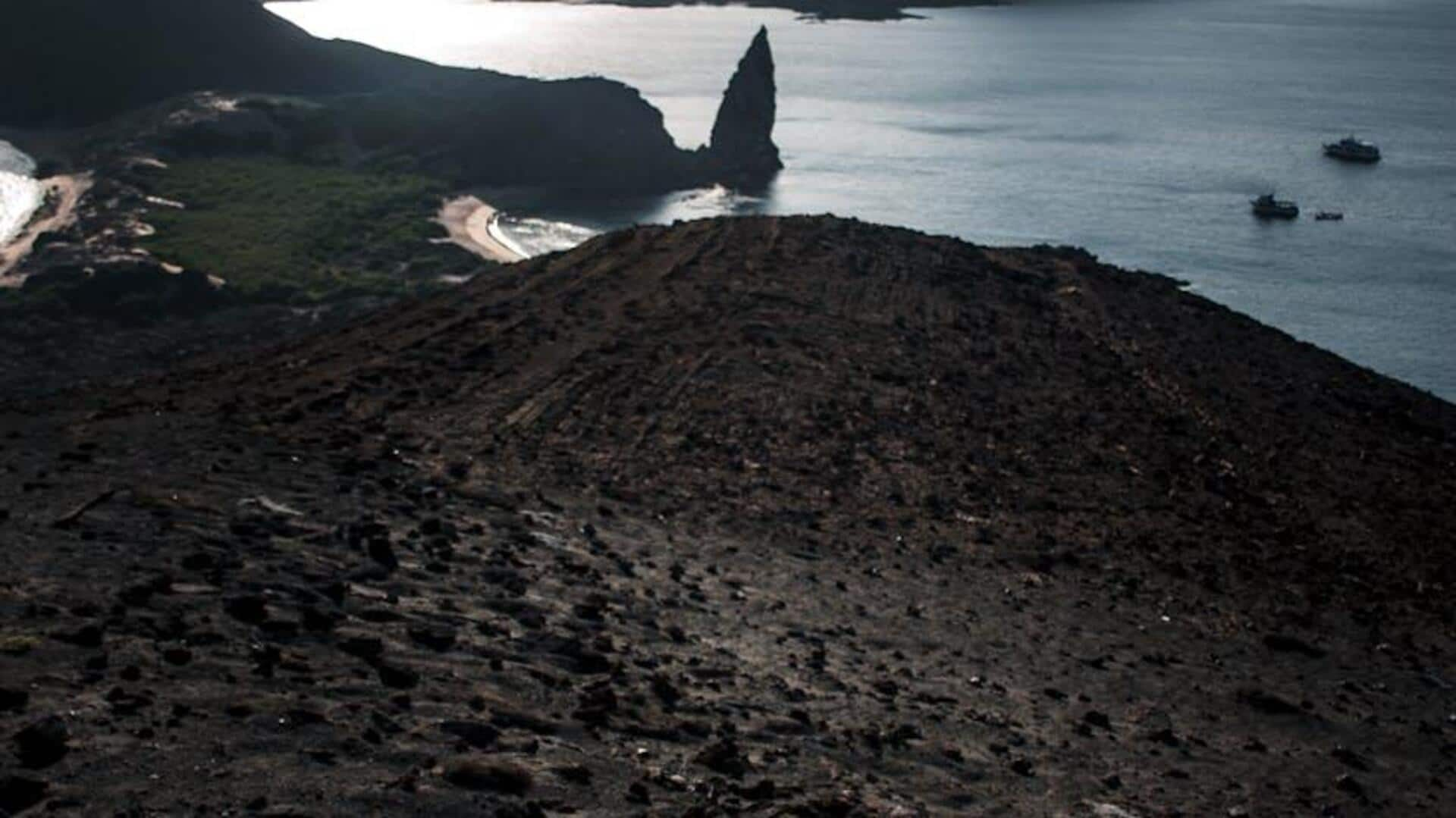
Navigating the Galapagos: Ecuador's archipelago adventure
What's the story
The Galapagos Islands, located off the coast of Ecuador, offer a unique blend of wildlife and pristine landscapes. This volcanic archipelago is known for its diverse ecosystems and the rare species that inhabit its islands and surrounding waters. Sailing around these islands provides an unparalleled opportunity to witness nature's wonders up close, from giant tortoises to playful sea lions.
Selecting a boat
Choose your vessel wisely
When planning your Galapagos sailing trip, choosing the right boat is crucial. Options range from small yachts to larger cruise ships. Smaller boats offer an intimate experience with nature and easier access to secluded spots. Larger vessels, while providing more amenities and comfort, may not navigate as close to some islands. Consider what matters most to you—comfort or adventure—when making this decision.
Itinerary planning
Plan your island hops
The Galapagos Islands comprise numerous islands, each with its unique attractions. Key stops should include Isabela Island for its volcanoes, Santa Cruz for the Charles Darwin Research Station, and San Cristobal for snorkeling opportunities. Planning your route in advance ensures you don't miss out on what interests you most, whether it's hiking, snorkeling with exotic fish, or simply enjoying pristine beaches.
Conservation first
Respect the ecosystem
While exploring these magnificent islands, it's vital to follow guidelines designed to protect their fragile ecosystems. Stick to marked trails when hiking, maintain a safe distance from wildlife, and avoid leaving any trash behind. The Galapagos National Park has strict rules in place that all visitors must adhere to ensure this natural paradise remains unspoiled for future generations.
Guided tours
Engage with local guides
Local guides significantly enhance your Galapagos adventure. They're well-versed in the archipelago's geography, wildlife, history, and conservation efforts. Many guides are certified naturalists who can spot and identify species that might otherwise be overlooked. By engaging with them, your journey becomes more enlightening and ensures respect for the unique ecosystem's integrity, making your experience both exhilarating and mindful of conservation.